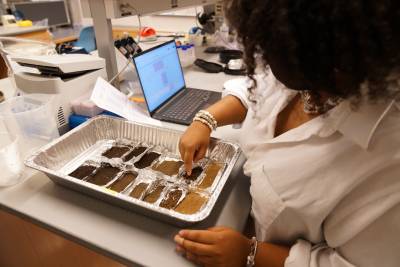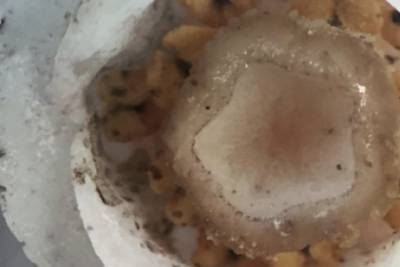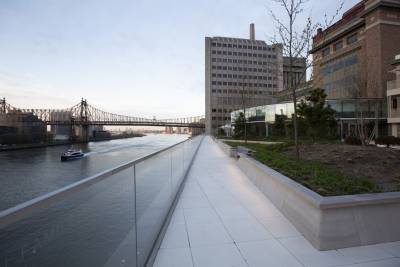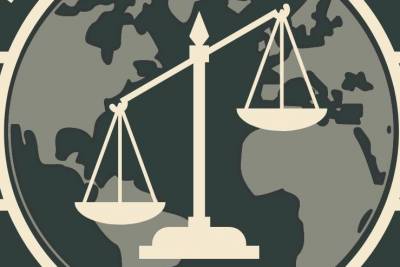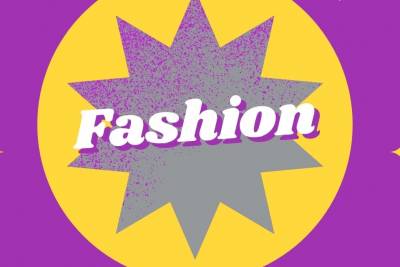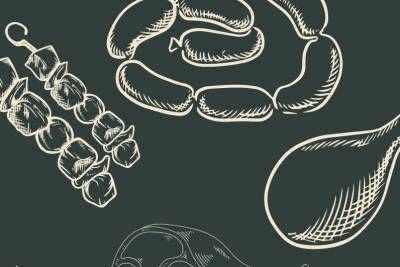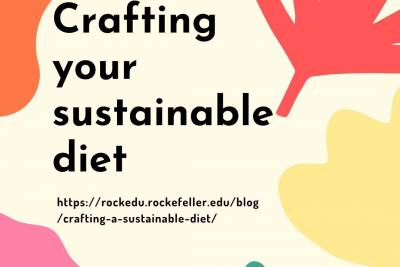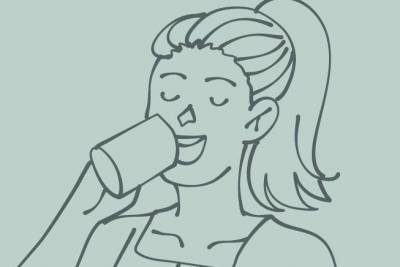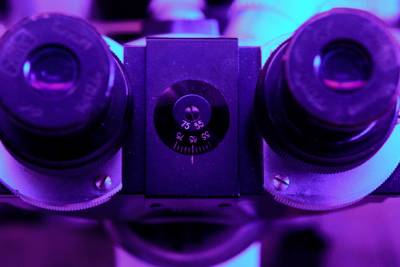The Ripple Effect: Leading By Example

Plastic pollution is one of the most urgent crisis we are facing today. Scientists consume massive amounts of plastic in the lab, at home, and with their food and drink choices. Research is clear about the negative effects of plastic. As a community that demands policies based on scientific facts – the issue of plastic pollution is paramount. Ainhoa Perez is a Research Associate at the Steller Laboratory and a sustainability activist on the Rockefeller University campus. Ainhoa produces almost no waste or trash at home. Outside the lab, she leads a zero-waste lifestyle. Her no-trash mindset is part of a growing global movement. A zero-waste household will avoid anything wrapped in packaging. No-waste advocates compost or reuse food waste. Zero-wasters break the bad habit of buying things they do not absolutely need. They adopt a do-it-yourself mindset. Ainhoa skips the brands and buys in bulk. She says she doesn’t miss any of the products she once used in her wasteful past. She loves her zero-waste life – and she is saving money while taking responsibility for her family’s impact on this planet. When asked how she was able to rearrange her life to fulfill this new zero-waste ideal, she clarified, “Very gradually, my only regret is I should have done it faster.” Her tip for folks who do not know where to start; have an open mind. She says her zero-waste journey began only after she was well informed about the current environmental crisis, and the role we all play in contributing to climate change. Scientists must lead by example. Ainhoa believes, “If [scientists] do not support policy, how can we demand it of politicians?” Ainhoa proposed some easy but impactful steps that the science community at Rockefeller can take to produce less waste on campus. Her suggestions include:
-Eliminating excess packaging -Recycling plastic that can be recycled -Making sure when you do recycle, that you are recycling properly -Closing fume hoods shut, and saving energy when you can -Listening, reading up, and becoming well informed
We attended the screening of “A Plastic Ocean”, the second showing in the Science and Nature series. The goal of Science and Nature, sponsored by Science Communication and Media group, is to remind viewers of the role we play and the impact we each have on our planet. “A Plastic Ocean”, explores the effects of our increasing addiction to single-use plastics in marine life. The documentary highlights the risks plastic pollution might pose to our health. Ainhoa concedes she is, “not particularly a tree hugger, but many people would feel the same if they were just reminded”.

